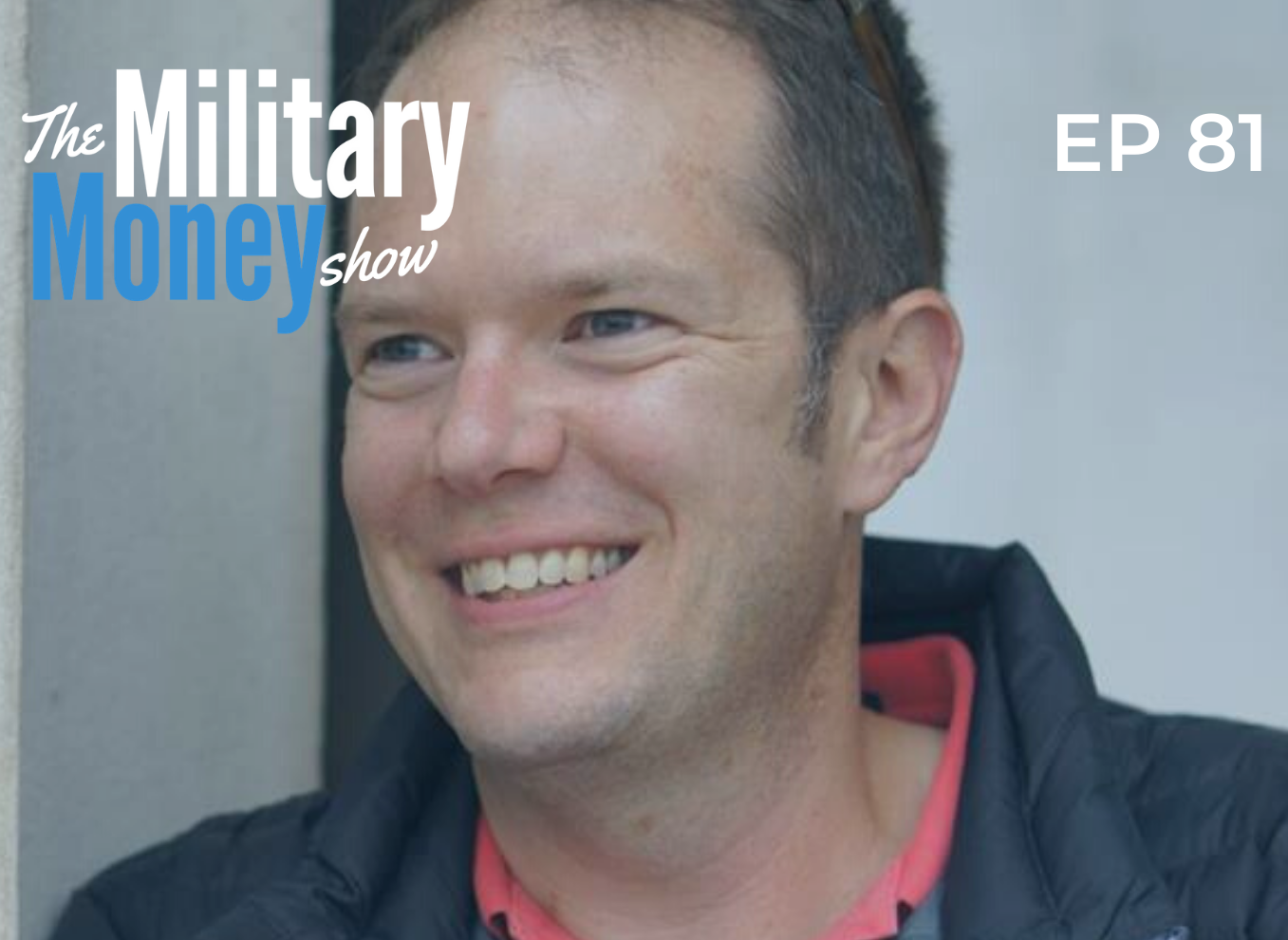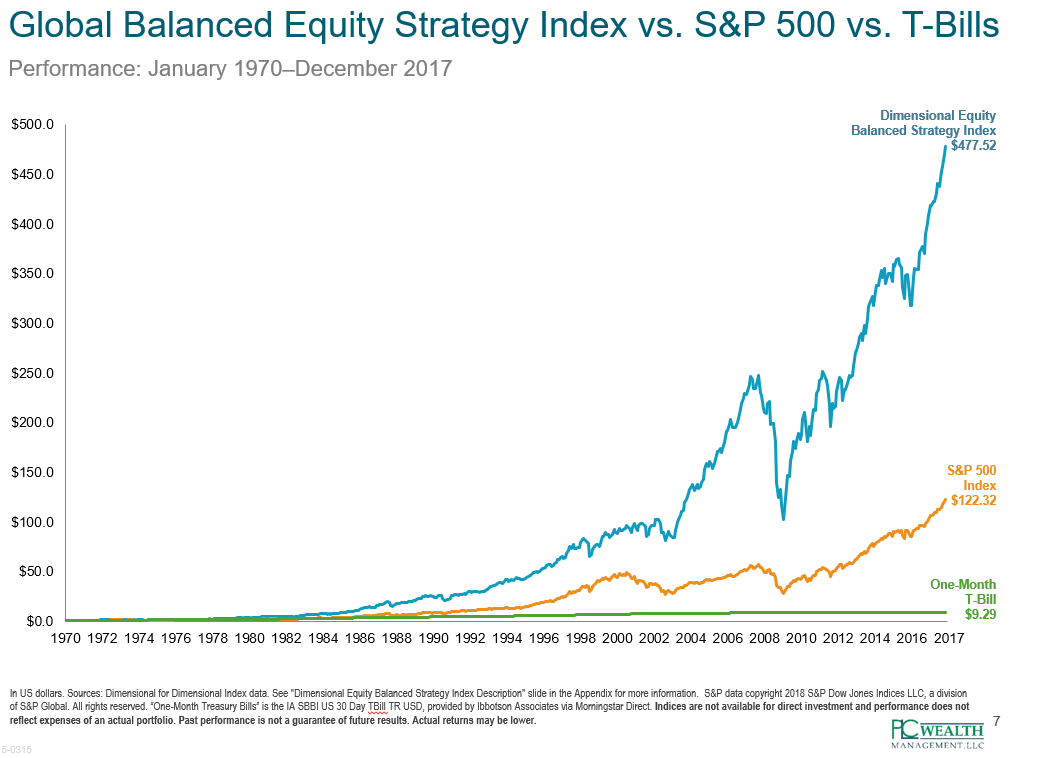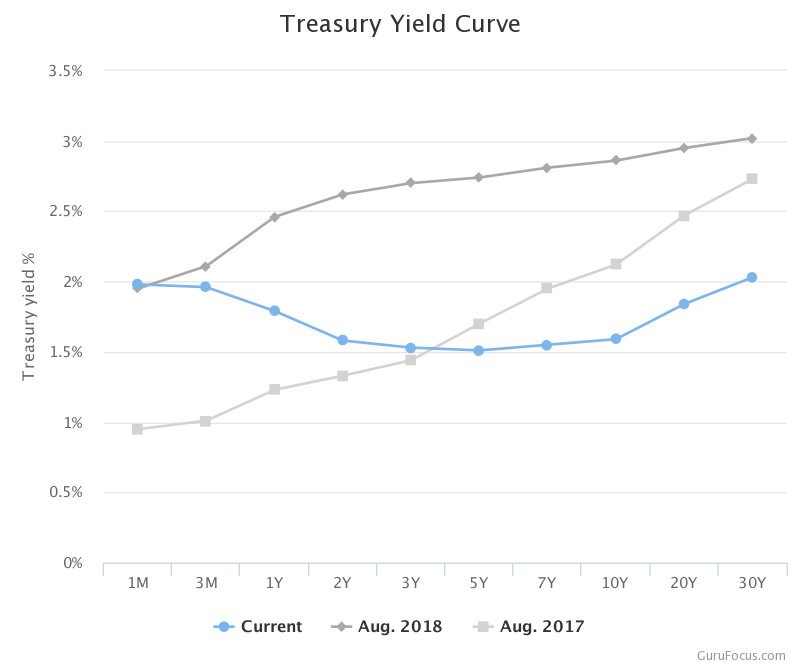April 6th 2020
By Matt Miner
First, I hope you and the people you love are well as we slog though the Covid-19 pandemic. Here at our house, we’re trying to embrace the good parts about being together, get lots of exercise outside, and make progress on our daily work, yard, and house.
On Friday I released a video about conserving cash if your income is under pressure. It arose because of client inquiries, as well as Wall Street Journal reportage. This is the companion article.
Now is a good time to accumulate some cash. If your income is not reduced, cash should be accumulating automatically because there’s almost nothing you can go spend money on! This is why the economy is shrinking rapidly.
If you anticipate reduced income, here are some tactics to accumulate even more cash.
For federal student loan borrowers, take advantage of the government-offered deferral on your student loans until your earning situation becomes clear. Contact your loan servicer to exercise this option.
If you have debts you’re paying extra on, now might be a good time to press pause on those extra payments.
If you don’t forfeit an employer match, you might consider stopping contributions to your 401(k) or other retirement plan. You can always “make up” these contributions later in 2020 and still get the tax benefit. If ceasing contributions results in losing matching dollars entirely, you need to weight this carefully. Match dollars are compensation and losing comp is never fun!
This article was prompted specifically by client inquiries regarding mortgage relief in the CARES Act and two WSJ articles (paywall alert): “Struggling Borrowers Want To Pause Their Mortgage Payments. It Hasn’t Been Easy” and “How to Suspend Your Mortgage Payments During Coronavirus Turmoil“.
If you read those articles, you’ll see that even the people charged with implementing this legislation (FHA along with Fannie & Freddy) are going about it in different ways!
What we know:
The CARES Act seeks to provide relief for the 70% borrowers with mortgages owned or insured by the federal government or a federal agency if these debtors experience financial hardship because of the pandemic.
If your mortgage is eligible – a Federally Backed Mortgage under CARES Act (call your servicer and ask), you must make the request before the President rescinds the National Emergency declared on March 13th, 2020. Your servicer should have more information for you.
What we don’t know:
We don’t know how your lender will treat the payments. Will they be put on the end of the loan or will you owe a lump-sum payment at the end of the forbearance period? Different servicers answer this question differently. In the first case, you’re extending the time you pay your mortgage loan. In the second case, you’ll need to come up with a large sum of cash when the forbearance ends.
It is unclear whether you be subject to compound interest – interest on interest. Your servicer may tell you how they are handling this. When I reviewed the legislation, I could not find a clear answer to this question.
Here’s a quote in the WSJ from David Stevens, a former head of the Federal Housing Administration. “The messaging has not matched what’s established in policy yet. The confusion level is extremely high.” No surprise then that the rest of us are still figuring this out!
The article continues, “The Department of Housing and Urban Development sought to clear up some of the confusion this week, telling servicers they can compile the missed payments into a second, interest-free home loan for the borrower to pay off after the original mortgage. The guidelines apply to FHA insured mortgages, which make up about 15% of all active mortgages in the U.S. The federal regulator for Fannie Mae and Freddie Mac, the mortgage finance companies that back about half of the U.S. mortgage market, has instructed servicers to work with borrowers and to consider letting them tack their missed payments on to the end of their loan.”
Servicers Will Struggle to Help
As a savvy planner, you should know that mortgage forbearance sets up an existential conflict between mortgage debtors and mortgage servicers. Mortgage servicers are middlemen who handle payment processing, account reporting, and customer service for the owners of the mortgage. Servicers are required to keep making payments to the mortgage owners – even though their debtors are permitted to stop making payments to the servicer! This conflict means I don’t expect servicers to move especially fast to implement this relief – since it may doom their businesses!
Until the servicers can get their hands in the government cookie jar too….er, receive some relief from congress, my expectation is that they will slow-walk this process because the CARES legislation puts them in a completely untenable position from a cash standpoint.
My general financial planning recommendation about the mortgage relief provision in the CARES act is to steer clear unless your circumstances are dire. Here’s why:
1. You’ll spend time dealing with the mortgage company, and need to jump through whatever hoops are necessary
2. I am concerned they will mess it up, resulting in damage to your credit report. You will be able to repair these problems, but this result will require further effort on your part. I’m not saying this will happen. I’m just saying I don’t have confidence that it won’t happen.
3. No matter how the lender handles the missed payment, taking this route represent cash-flow relief at the expense of your wealth, since you’ll pay more interest over time – it amounts to increasing borrowing on your home. Mortgage forbearance may be better than credit cards or a family loan. But debt is my least favorite way to raise cash.
Pursuing the Mortgage Forbearance Option
If the mortgage forbearance provisions of the CARES act may still help your family, here is a potential tactic. Arrange a six month forbearance, and then at around the four-month mark, refinance your entire mortgage into a new note. This could buy you some time for your income to return to a more normal state. I don’t prefer this approach because it is contingent on three things you cannot directly control.
First, the mortgage you want will have to be available; if that caveat sounds dire, look at the economic carnage we’re experiencing right now.
Second, you need to have adequate income to acquire the new mortgage.
Third, you need to have adequate credit to qualify for the new mortgage.
Because no one knows the future and none of these things are directly under your control, in poker terms, this is a planning tactic for betting on the come. It’s not the type of conservative advice I prefer.
Finally, all this highlights the importance of your hefty-duty emergency fund. Warren Buffet has a gift for memorable language. He says, “When the tide goes out, you can tell who was skinny dipping.”
If this crisis exposed the need for more cash in your life, decide now that that will never happen again.














